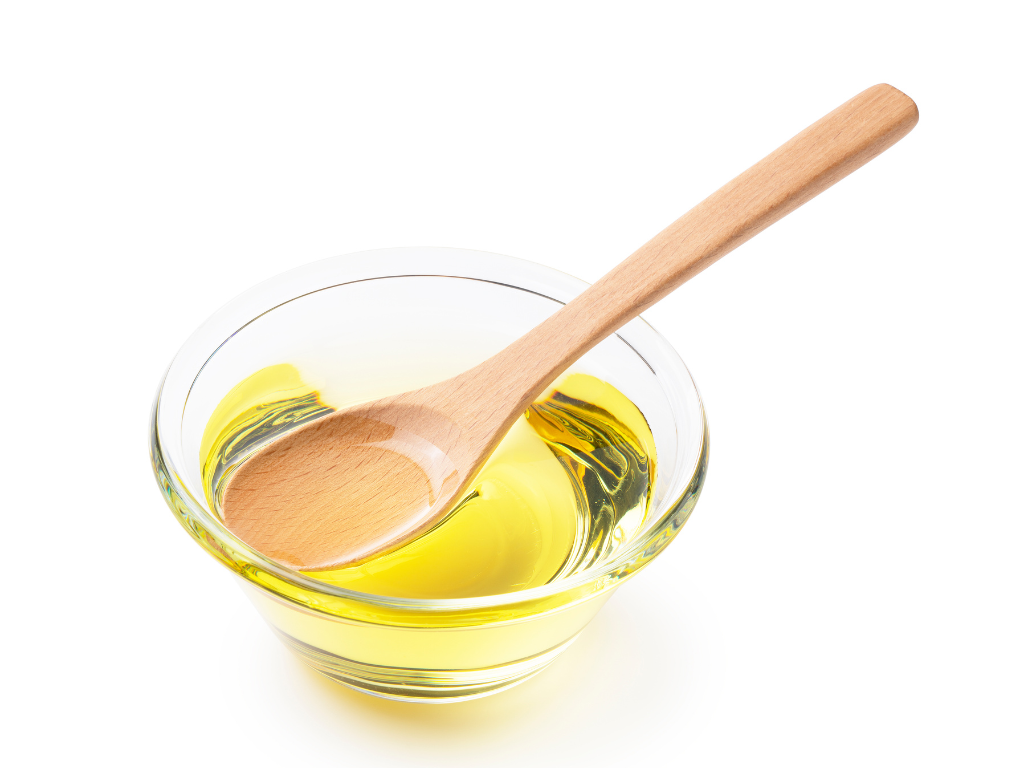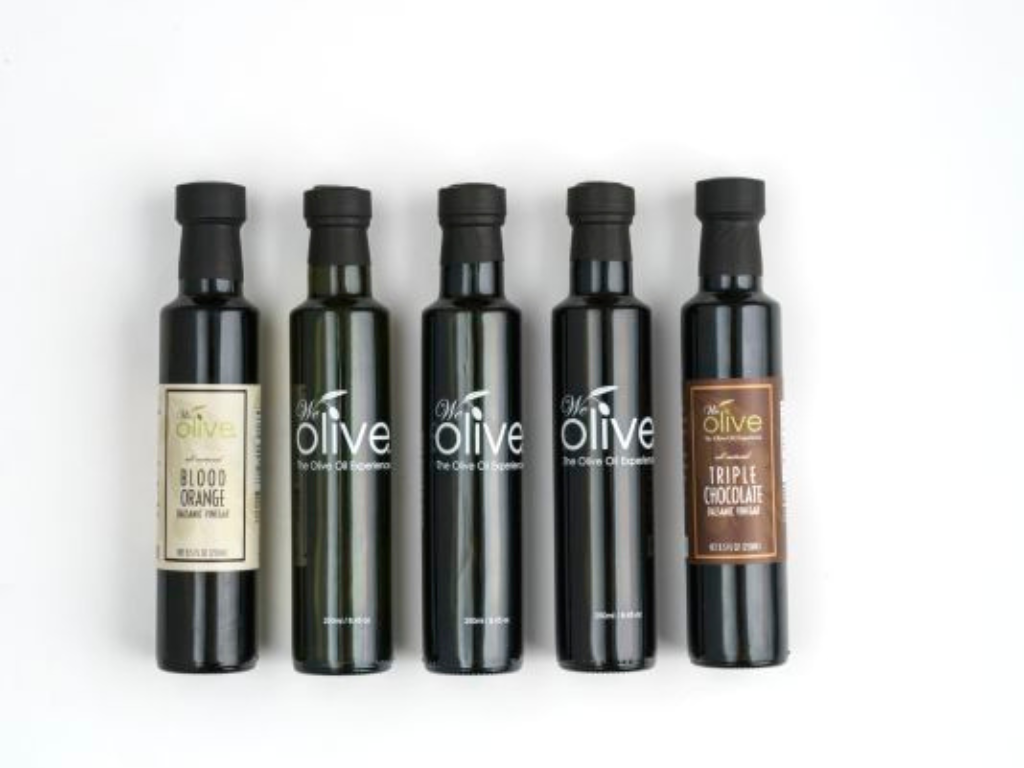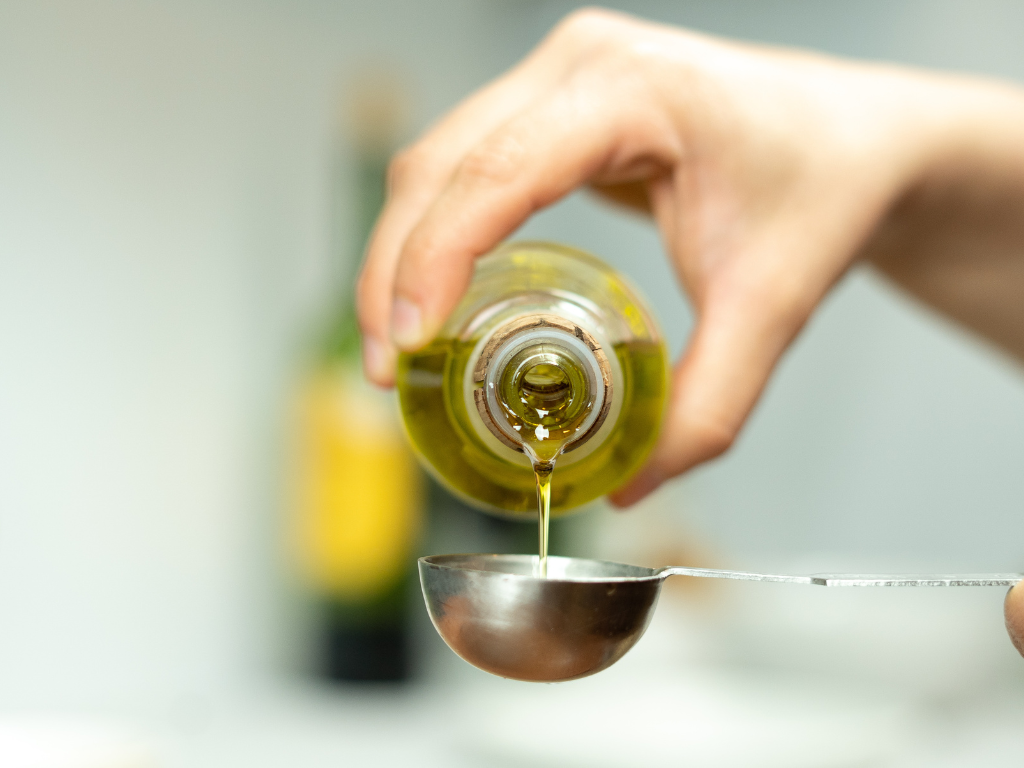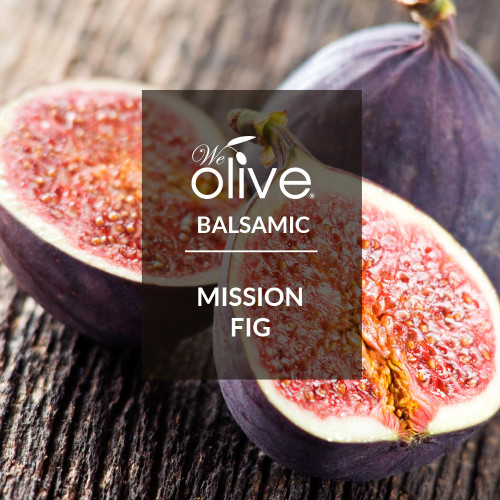Olive Oil Calories: What You Need to Know
Posted by Ruth Mercurio, Professional Olive Oil & Wine Taster on 3rd Apr 2023
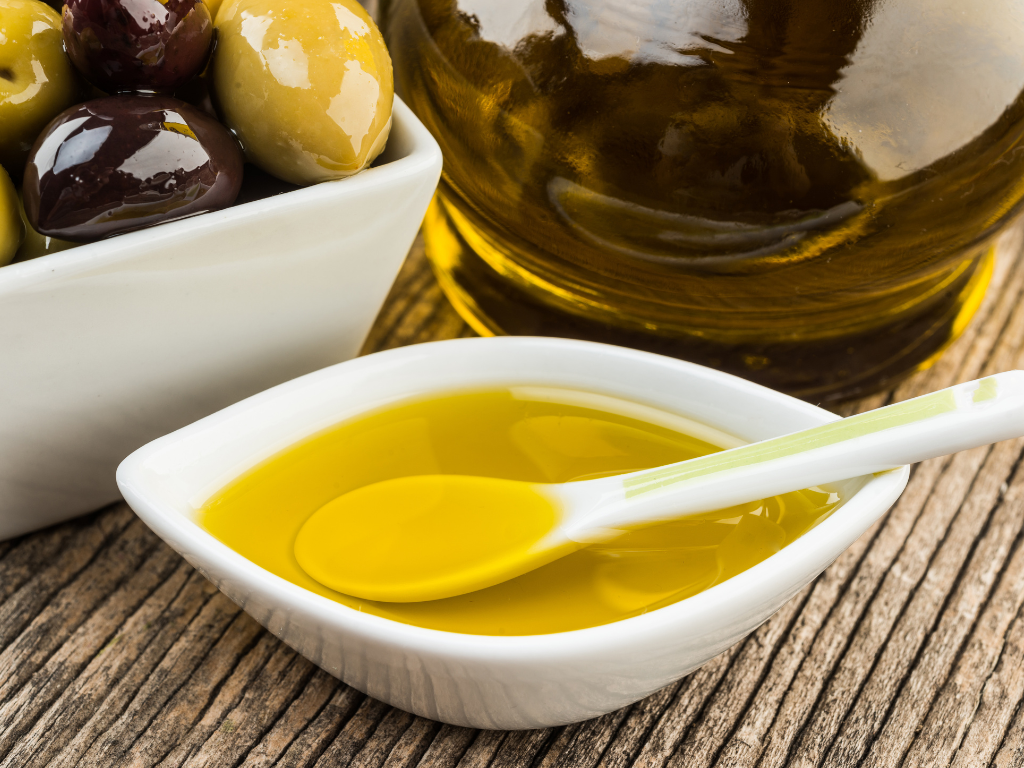
Olive Oil Calories: What You Need to Know
Extra virgin
olive oil is globally recognized by nutrition experts as a staple if you want
to lead a healthy lifestyle. In addition to the incredible taste, it brings
multiple nutritional benefits to those who consume it. However, to get the most
out of it, it is necessary to know more details about its composition. Should
you be careful with
olive oil calories? Find
out below.
● Are all calories bad?
● Does olive oil contain calories?
● Does the amount of oil consumption matter, even if it is extra virgin?
● Acquire products of the best quality and obtain their greatest nutritional benefit.
Are all calories bad?
To begin with,
you need to understand what calories are and how they work in your body. In
simple terms, calories are defined as a measure of energy. Therefore, the body
needs calories for energy to perform different functions. When food is
digested, this energy is released and distributed through cells throughout the
body. In this way, this energy can be used immediately or stored.
However, it is
worth mentioning that when the number of calories we consume exceeds the needs
of the body and are not used, they are stored. And that excess energy is
converted into fat, which gradually produces weight gain. On the other hand, if
the calorie consumption is insufficient, your body will begin to use fat
reserves as fuel, and therefore weight loss will occur.
Does this mean
that there is a standard amount of calories we should
consume? Should I count them? While it is
true that it has been suggested that the recommended amount for adulthood is
around 2000 and 2500 calories per day, this is not a strict rule. You have to
take into account the type of activity that a person performs. The calories
required by an athlete are different from someone who works in an office or who
spends many hours driving.
However,
physical activity is not the only factor to consider. Calorie consumption also
depends on each person's age, gender, weight, and metabolic rate. Therefore,
for a diet to be healthy it must be based on the needs of each individual. To
better understand how calories are closely related to our day-to-day diet, it
is good to know how to consume them.
For example,
water is an element that has no calories. Other foods like lettuce can contain
around 10 calories, which is really few. On the other hand, other foods like
peanuts, in small amounts like 1/4 cup, can have up to 200 calories. In the
same way, we must bear in mind that there are empty calories, that is, they
provide a lot of energy, but almost no nutrients. This is the case with
products such as sugary drinks, desserts, fast food, and even some “diet food”
that can be misleading since they contain many calories.
Does olive oil contain
calories?
The answer is
yes. Every 100 grams of extra virgin olive oil contains approximately 884
calories. This means that one tablespoon contains about 130 calories. Although
it should be noted that these figures of the
olive oil calories can vary depending on
the type of olive from which the oil was extracted and the type of filtering
process that was used.
The same goes
for other oils. When you compare
avocado oil vs olive oil you can first see that they have
approximately the same calories, however, each one has different nutritional
elements. In addition to the unique flavor that each one can bring to your
table.
And what about
extra virgin olive oil, does this contain calories? Yes, extra virgin olive oil
does contain calories. Like all oils, it is a concentrated source of energy,
with about 120 calories per tablespoon. However, it is important to note that
extra virgin olive oil is also a good source of healthy monounsaturated fats,
which can be beneficial for heart health.
Does the amount of oil
consumption matter, even if it is extra virgin?
Does the fact
that a product is healthy mean that we can eat it in any portion? Not
necessarily. In most cases, any excess, even if it is something healthy, can
have a negative effect. This is also the case with olive oil. While it is true
that it is an icon in the Mediterranean diet for its high nutritional value, it
is worth considering
how much olive oil is too much.
Experts
recommend that to get the maximum benefit from olive oil, the recommended
amount is around 3
tablespoons a day, that is, about 40
milliliters. Therefore, it is necessary to balance our consumption at each meal.
For example, if
you eat something fried you are already consuming a considerable number of
calories and fats. When food is fried, it absorbs some of the oil used in the
frying process, which can contribute to its calorie and fat content. So, if
possible, it is better to opt for grilled or steamed cooking. These cooking
methods can help preserve the natural flavors and nutrients of your food while
reducing the need for added fats or oils. And of course, you can always add
some delicious olive oil to a vinaigrette to give it a special touch.
Others consume
olive oil on an empty stomach since this may promote better digestion for some
individuals, while others may prefer to use it in cooking or as a dressing for
salads and other dishes. It is important to note that heating olive oil can
alter its composition and reduce its nutritional potential, so using it raw may
be preferred for some applications. Be that as it may, the ideal is to
integrate it as an element of daily life but consume it with balance.
Acquire products of the best
quality and obtain their greatest nutritional benefit
Nowadays, there
are many options available for maintaining a healthy lifestyle without
sacrificing taste or quality. There is a growing demand for healthy and
delicious food options, and many companies are meeting this demand by offering
high-quality, nutritious, and tasty products. As we analyzed you can be
confident that the
olive oil calories that you consume will have a positive effect in the short and long
term.
If you would
like to acquire the best EVOO or other high-quality products, show them now or
use our olive oil store near me section to find the nearest location near you.
You can also contact us via email at
info@weolive.com or call 805 238 2900 if you
want to place a special order for
custom labeled bottles,
gift boxes, or
wine gifts.
